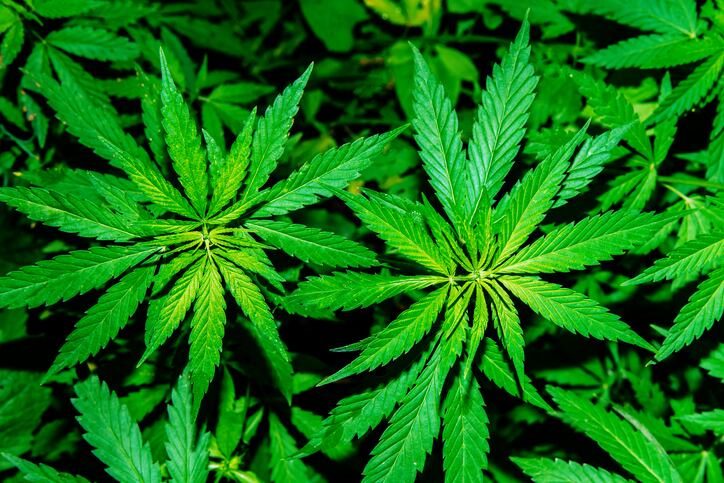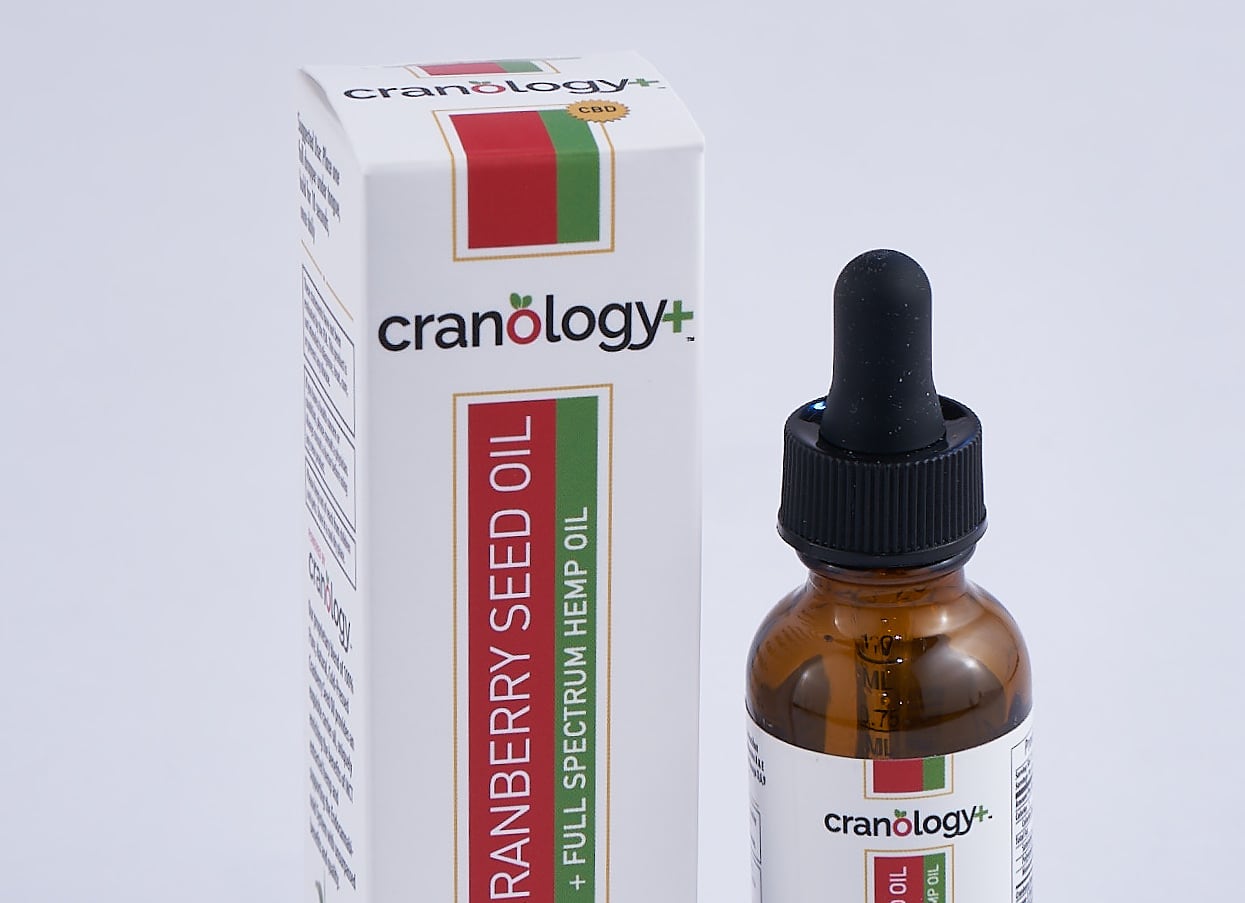The assessment was carried out by the American Herbal Products Association. AHPA combed through 44 letters that have been issued by the US Food and Drug Administration on the subject dating back as far as 2014.
What AHPA found was not completely unexpected but was nevertheless striking, said president Michael McGuffin.
Having CBD on label raises red flag
One common feature among all of the warning letters is that the companies receiving them had made what FDA considered to be illegal disease treatment claims on their products. But then the agency moved on to discuss the regulatory status of the ingredient used in the products.
Along that vein, all of the letters (with one exception) shared something else in common, McGuffin said.
“In all of those letters the identified products were labeled as CBD. In only one warning letter was the product labeled as hemp,” McGuffin told NutraIngredients-USA.
No one can say how many hemp/CBD products are currently on the market, but it’s certainly many hundreds if not thousands. It’s a fair bet that some of those products using 'full spectrum hemp extract' or some variant on that theme have also been making improper disease treatment claims, yet (almost) none have been cited by FDA.
McGuffin said that this would seem to indicate that FDA’s main concern is the use of concentrated CBD in products, not the ‘ambient’ amount of CBD that might be found in a so-called ‘full spectrum hemp extract.’ What’s less clear, he said, is how the agency is delineating those differences in its internal deliberations.
“We have asked FDA for more than a year to clarify the distinction between CBD on the one hand and hemp on the other. FDA has not made that distinction in any transparent manner,” McGuffin said.
Added CBD is the issue
Attorney Marc Ullman, of counsel with the firm Rivkin Radler, said while he has not made the same detailed assessment of the warning letters as AHPA had done, their conclusions match his own broad assessment of the situation.
“That makes complete sense to me. The issue has always been with cannabidiol, CBD, as an article of food. There is no issue with broad spectrum hemp extract,” he said.
“The primary issue is with the manipulation of CBD content, which is a moiety FDA has repeatedly said is not a lawful ingredient for use in foods and dietary supplements,” he added.




